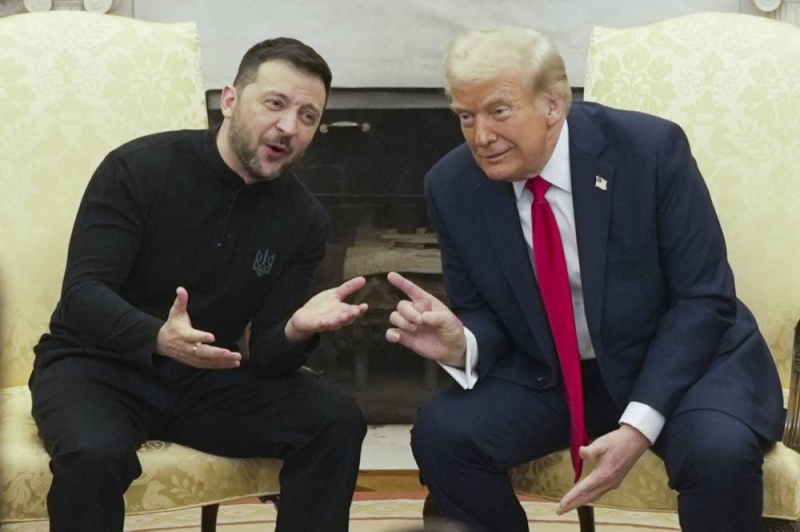Citizenship clause needs amendment
Citizenship clause needs amendment
Published: 07:58 am Aug 11, 2015
KATHMANDU, August 10 Although the Constitutional Political Dialogue and Consensus Committee inserted the ‘or’ provision in the citizenship clause of the draft constitution, legal experts say it would not make any substantial change. CPDCC report proposes to insert the ‘or’ provision in Article 11 (2) (b) of the draft constitution to say that a person will get citizenship by descent if his/her father or mother was a Nepali citizen at the time of his/her acquiring a Nepali citizenship. But the CPDCC proposed provision in Article 11 (3) takes away the right of the person, as it requires a person to prove that both of his/her parents are Nepali citizens, says former Justice Balram KC. CPDCC proposes to state in Article 11 (3): A person who qualifies to be a citizen by descent and a child of the person who is a Nepali citizen by birth, will acquire Nepali citizenship by descent after attaining the age of majority either in the name of his/her father or mother if both the parents are Nepali citizens. Article 11 (3) requires a person seeking citizenship to prove both his/her parents are Nepali KC said he favoured granting citizenship to children solely on the basis of mother’s nationality. The obligation, he argued, to identify husband and father would render many children stateless. “If you look at the structure of our society there are significant number of women who suffer at the hands of bad husbands. There are people who abandon their wives for not bearing a son. Many fathers also abandon their children,” he said. Senior Advocate Sapana Pradhan Malla said it was some victory for rights activists but the battle was not over. “At least equal provision has been inserted in conferring citizenship to children and spouses; we still have long battle in translating the language into the law. The leaders have agreed for the ‘or’ provision. The drafting committee, however, needs to take into consideration inconsistent and contradictory language, as many provisions still have the word ‘and’. Malla said Article 12.2 of the draft constitution would not protect children of Nepali men married to foreign women if the latter decided not to forego her citizenship. In that case children could be stateless, she added. She said the phrase ‘notwithstanding whatever is written in this chapter’ should be deleted, as it might be interpreted that in case of women married to foreigners only Article 12.2 would be applicable. Co-chair of Sadbhawana Party Laxman Lal Karna, who is also a lawyer, said the new agreement was more problematic, as it stated that the issue of granting naturalised citizenship to foreign women married to Nepali men would be guided by other laws. “Foreign women who had acquired naturalised citizenship by virtue of marriage were entitled to hold constitutional posts until now but the new draft proposes to end this,” he added.





